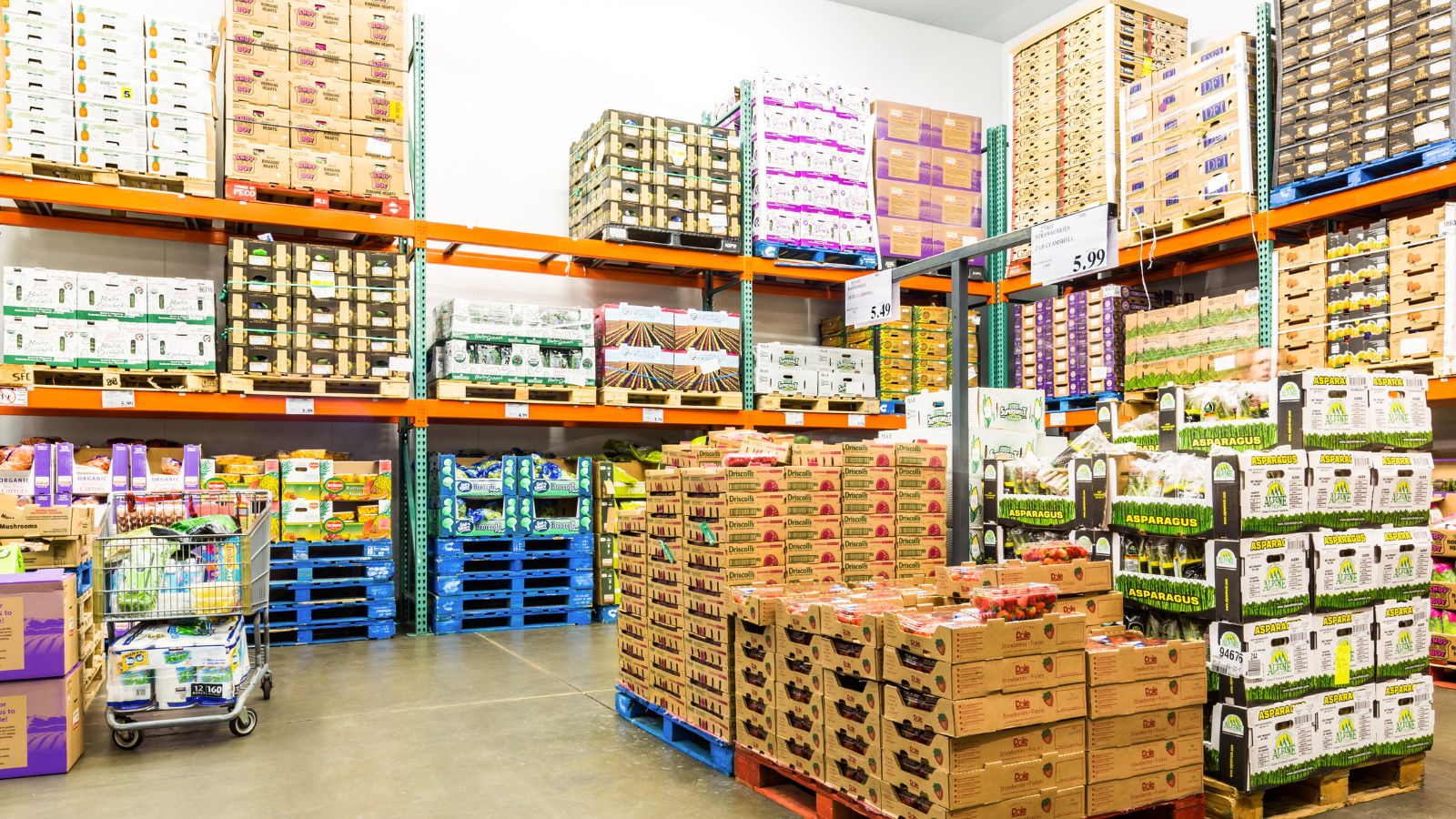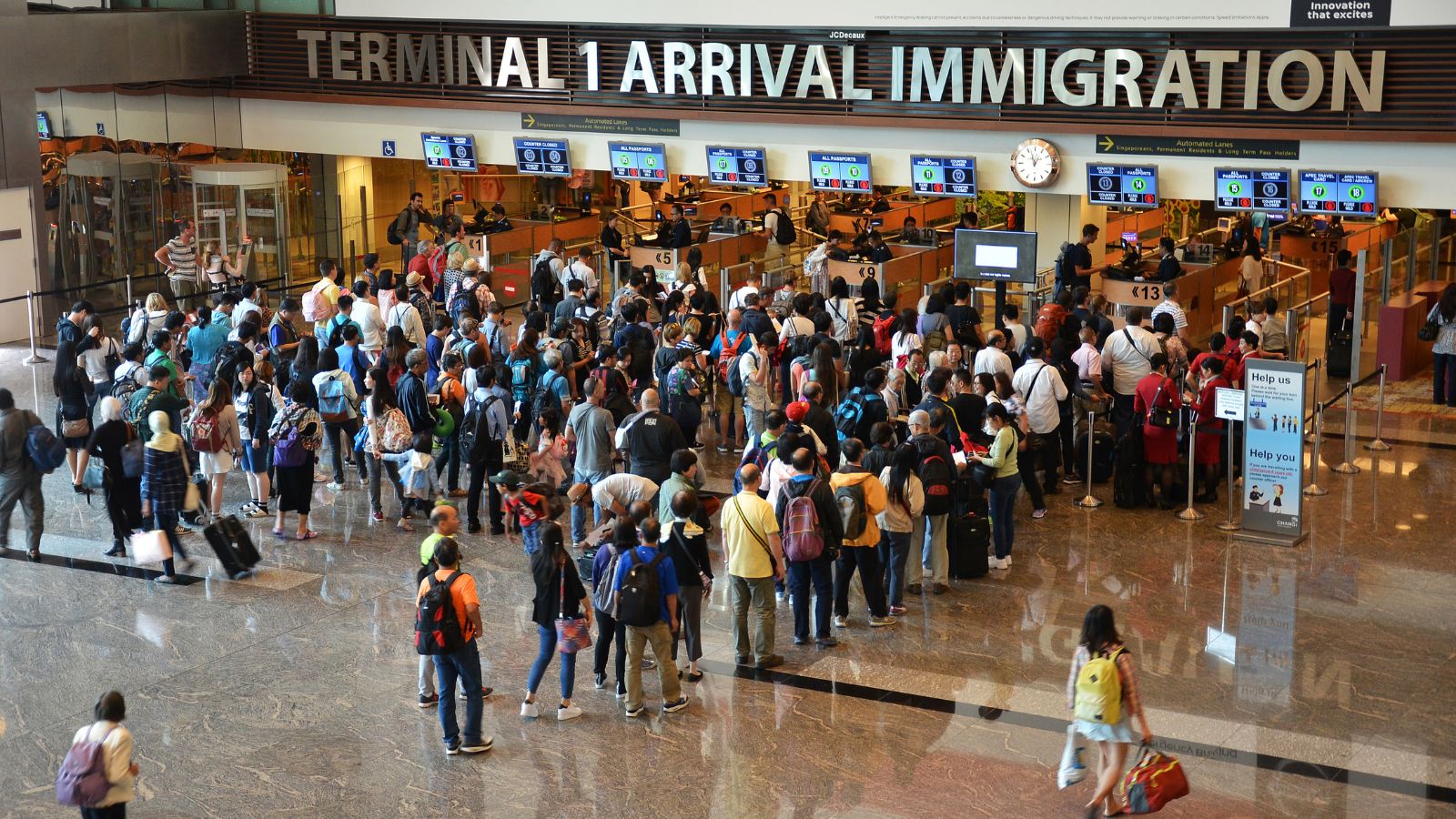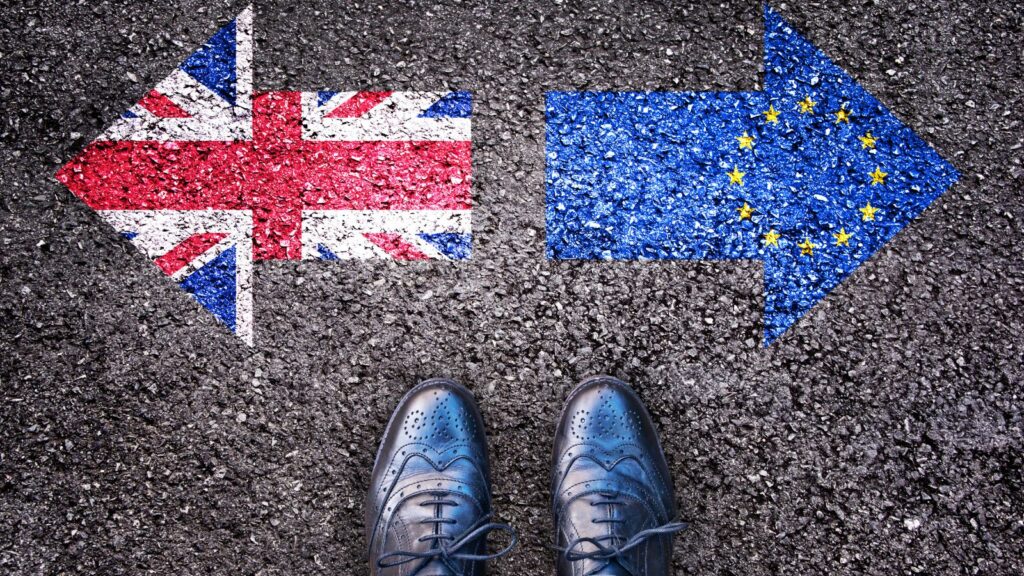Brexit has been a major turning point for the UK, with impacts that continue to ripple through daily life. From how we shop to the way we travel, Brexit has left its mark. Here are 18 ways Brexit is still affecting most people every day.
Higher Prices at the Supermarket

According to CNN, Brexit has worked to “reduce consumer choice and push up prices” in supermarkets. The increased cost of importing goods from the EU, combined with new tariffs and supply chain disruptions, has made everyday items like fruits, vegetables, and even toilet paper more expensive.
Travel Hassles

Travelling to EU countries has become more complicated post-Brexit, as UK citizens now need to ensure their passports are valid for at least six months before travelling and may need to apply for visas for longer stays. There are also more stringent checks at borders, leading to longer wait times at airports and Eurotunnel terminals.
Changes in the Job Market

Brexit has had a significant impact on the job market. Many businesses that relied on EU workers are facing staff shortages, affecting industries like hospitality, agriculture, and healthcare. At the same time, some UK workers have found new opportunities as companies adjust to the new market dynamics.
Delays and Red Tape for Small Businesses

There has been a lot of red tape introduced for small businesses, and exporting goods to the EU now involves more paperwork and compliance with new regulations, causing delays and increased costs. This has been particularly challenging for small and medium-sized enterprises (SMEs) that lack the resources to deal with these complexities easily.
Impact on Education

Brexit has also affected education, especially for students and universities. UK students now face higher tuition fees and less financial support when studying in the EU. Similarly, EU students in the UK no longer benefit from domestic fee rates and may find it harder to secure funding.
Changes in Healthcare Access

Accessing healthcare while travelling in the EU has become more complicated, as the European Health Insurance Card (EHIC) no longer guarantees free or reduced-cost healthcare in EU countries. Instead, UK citizens must rely on travel insurance or pay out-of-pocket for medical services.
Property Market Fluctuations

With uncertainty around the country’s future economic stability, the property market has experienced fluctuations, too, influencing property prices and rental costs. In some areas, prices have dropped due to decreased demand, while in others, they have risen as people seek to move out of cities or relocate for work.
Financial Services Adjustments

The financial services sector has had to adapt to new regulations and a changing relationship with the EU. Some financial institutions have relocated operations to the EU to maintain access to the single market, impacting jobs and services in the UK. These adjustments have led to changes in the availability and cost of financial products, such as loans and insurance.
Effects on Supply Chains

Supply chains have also been disrupted, leading to delays and shortages of various products. The additional customs checks and requirements for goods moving between the UK and the EU have slowed down the process, sometimes resulting in empty shelves or longer waiting times for orders.
Increased Energy Bills

Brexit has also influenced energy prices, as the UK’s departure from the EU energy market has led to increased import costs and reduced efficiency in energy trading. As a result, many households have seen their energy bills rise, and this change has put additional financial pressure on families.
Reduced Consumer Choice

Some EU-based companies have chosen to stop shipping to the UK due to increased costs and complexities. Because of this, consumers have noticed a reduction in the variety of products available. This reduction in choice can be particularly felt in niche markets or for speciality items that were previously easy to import.
Immigration and Residency Concerns

Brexit has created new challenges for EU nationals living in the UK and UK nationals living in the EU. Both groups have had to work to understand new residency requirements and paperwork to secure their rights. This has led to uncertainty and stress for many people—especially those who have lived abroad for years.
Impact on the Fishing Industry

The fishing industry has been a focal point in Brexit discussions, and its impact continues to be felt. New quotas and access agreements are creating challenges for fishermen in the UK, who must now adhere to different rules and face increased competition. The industry has had to adapt to these changes, which has not been easy for many small fishing businesses.
Animal Welfare Standards

Post-Brexit changes in trade agreements have also raised concerns about animal welfare standards, as some fear that the UK might lower its standards to secure trade deals with non-EU countries. This will potentially allow imports of products produced under less stringent conditions, sparking debates about maintaining high animal welfare standards.
Currency Fluctuations

The value of the British pound has seen significant fluctuations since Brexit, impacting everything from holiday costs to import prices. A weaker pound makes imports more expensive, contributing to higher prices for goods and services. On the flip side, it can make UK exports cheaper for other countries.
Legal and Regulatory Changes

Brexit has led to numerous legal and regulatory changes that affect everyday life. From changes in consumer rights to adjustments in product standards, these shifts require businesses and individuals to stay informed and compliant. The legal landscape is still evolving, adding a layer of complexity to various aspects of daily life.
Impact on Research and Innovation

The research and innovation sector has felt the impact of losing access to EU funding and collaboration networks. UK researchers must now seek alternative funding sources and partnerships, which can be challenging. This shift has implications for scientific progress and the development of new technologies, potentially slowing down innovation.
Shift in Political Landscape

Lastly, Brexit has significantly shifted the political landscape in the country. It has influenced voter behaviour, political party dynamics, and public discourse. This ongoing political transformation affects policymaking and the overall direction of the country, influencing various aspects of everyday life.







